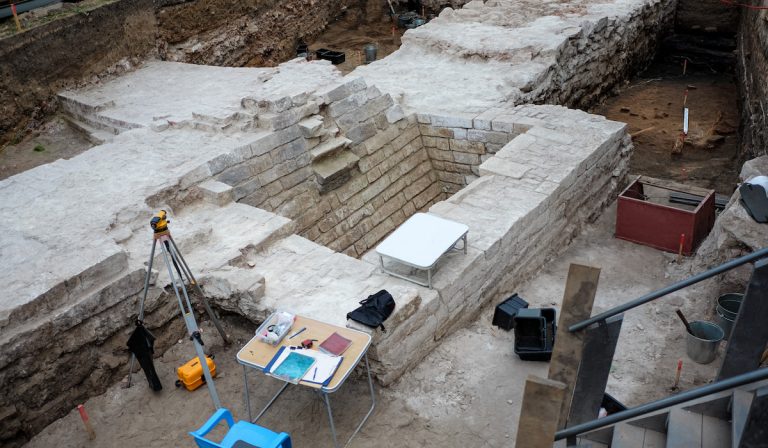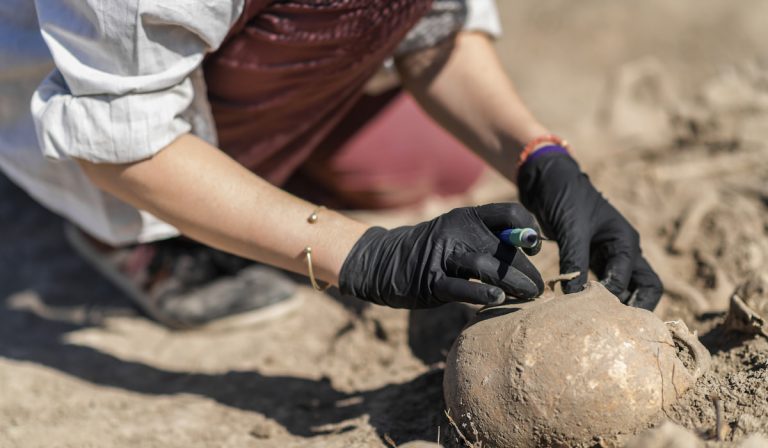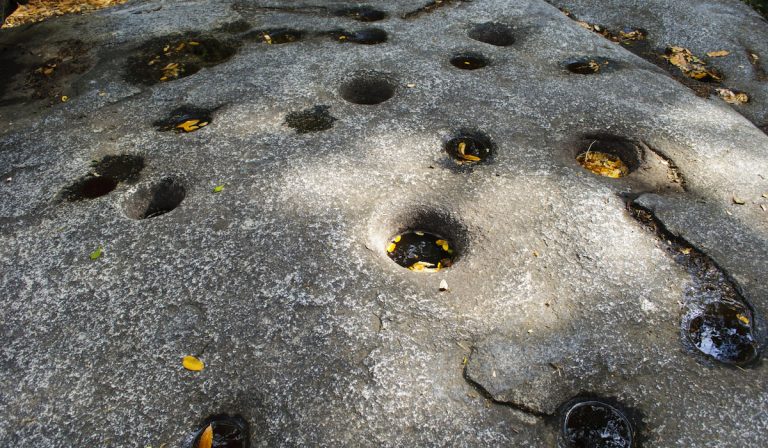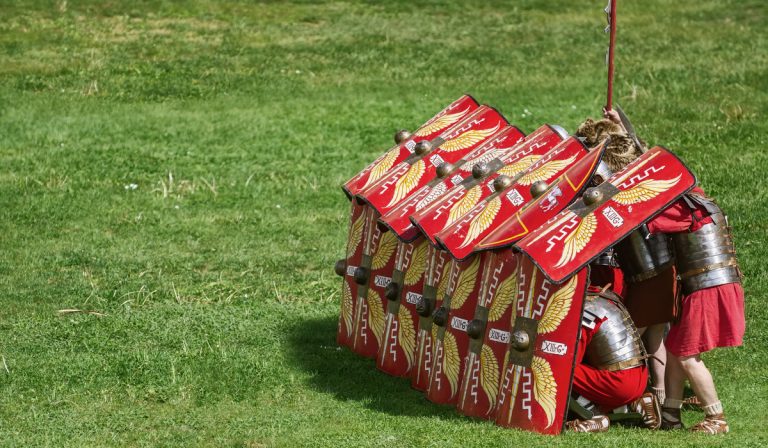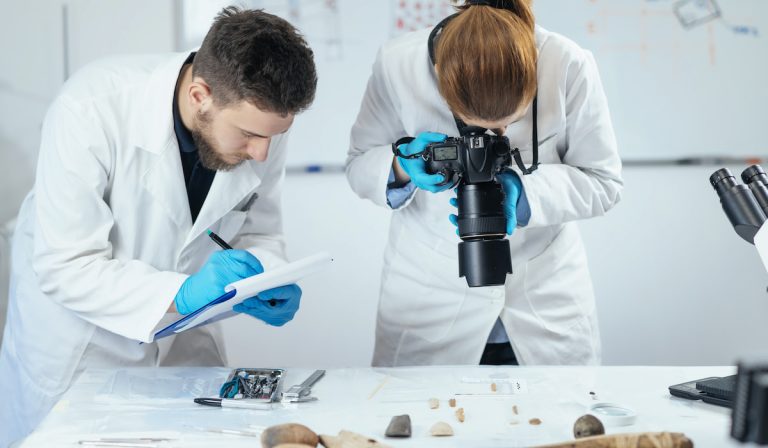9 Fun Facts About Archaeologists
There are many exciting careers in the world, but not many offer the same excitement as archaeology. Archaeologists get the chance to peer into the past just by assessing what everyone else would consider worthless. And the outcomes of their work can be pretty cool.
Are you wondering why we said archaeology can be a fun profession? Well, read our list of 9 fun facts about archaeologists to find out.
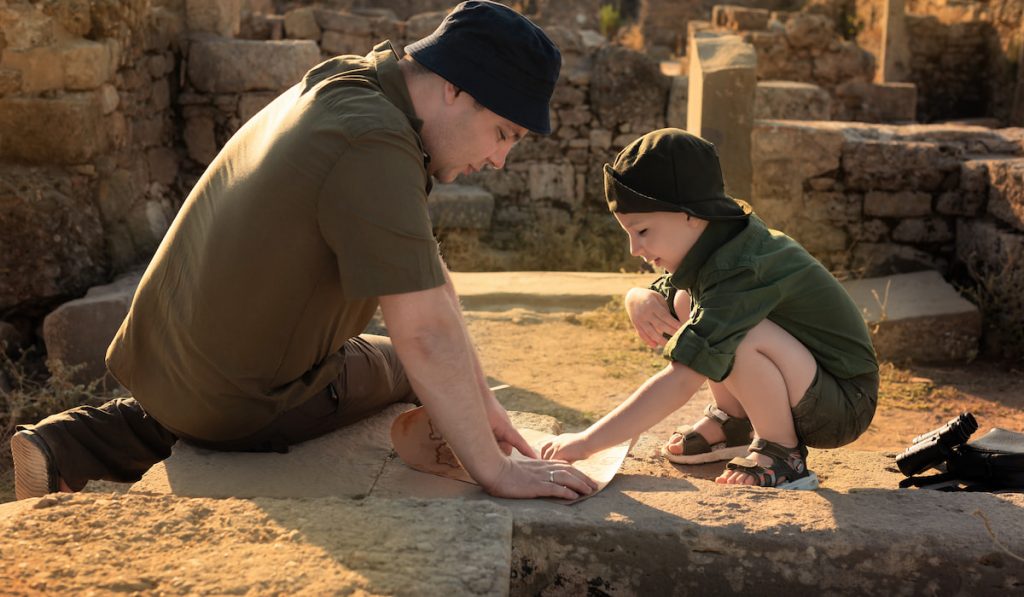
Do Archaeologists Travel?
Archaeologists do travel. But the rate at which they travel depends on the type of archeology they practice.
For instance, archeologists who do not live close to their research areas will need to travel to conduct their laboratory analysis, surveys, and excavation.
Some archeologists also travel only within a geographic location. For instance, archeologists working with large engineering firms will travel based on the active company projects.
Also, archeologists that find themselves working on historic sites, federal and state parks, and museums do not do a lot of traveling.
Generally, professional archeologists spend more time on office tasks than they spend digging in the field. So, they may not travel frequently.
Is It Fun?
For most people, their idea of archeology comes from movies like Indiana Jones. Disappointingly, real-life archeology involves little of Indiana Jones’s excitement.
Nonetheless, being an archeologist can be a lot of fun. Who would not consider uncovering the secrets of the past a lot of fun?
But you should know that while archeologists travel to exciting destinations, their prime goal is information and not treasure.
Plus, being an archeologist means completing some tricky and dirty tasks that may not be as exciting.
All in all, the work of an archeologist can be both fun and rewarding.
Can an Archaeologist Become a Paleontologist?
Archaeologists can become paleontologists if they take a postgraduate course. But this will depend on the archeological program they studied as undergraduates.
If the undergraduate course studied includes units in evolution and human prehistory, it puts one in a good position. To become a paleontologist, archaeologists must show relevant and transferable skills.
An archeologist can also become a paleontologist by completing joint honors in paleontology and archeology.
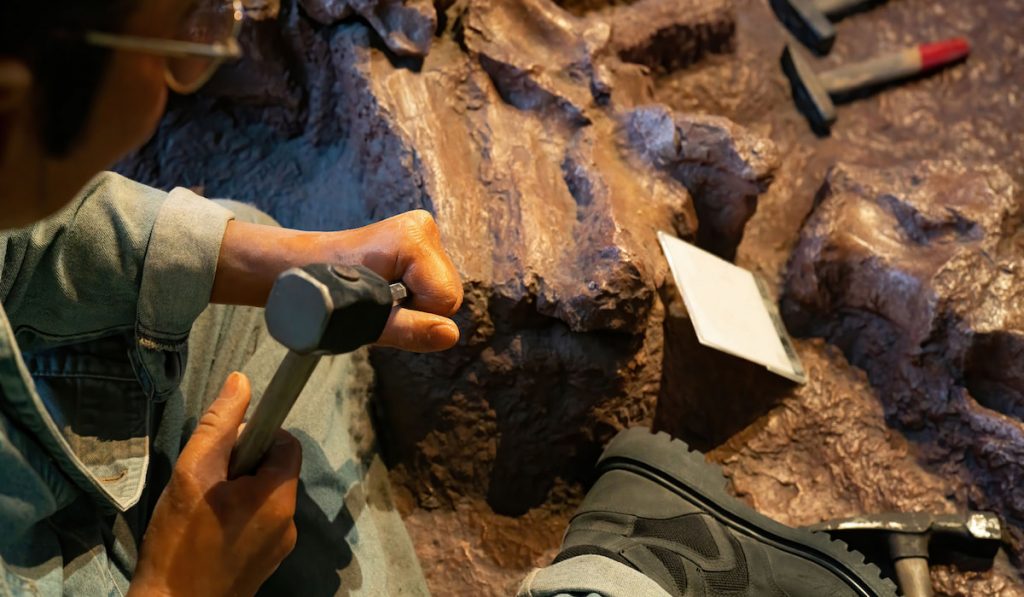
Can Archaeologists Keep What They Find?
Archeologists cannot keep what they find on their dig sites. Everything an archeologist finds while excavating must be cleaned and recorded. These artifacts are later taken to the laboratory for analysis.
During excavation, archeologists carefully tag and bag everything they find. They conserve fragile artifacts they cannot clean before analysis.
Any environmental evidence such as seeds, pollen, and residues from containers that they find are analyzed separately in the lab.
Once all the reports from the dig sites have been processed, the artifacts are usually sent to an archive. Such archives are typically regional or local museums. In the archive, the artifacts are stored for further studies.
The past is for everyone, and the artifacts belong to the country where they were discovered.
So, archaeologists never get to keep what they find.
Can They Get Rich?
According to USNEWS.COM, the average salary of archaeologists was around $63,670 in 2019. The top-earning 25% averaged $81,840 per annum, while the bottom-earning 25% averaged $49,760. According to USNEWS.COM, the quoted earnings above place archaeologists in the US middle-class income group.
Now, archaeologists might not be wealthy from their job. But they can live comfortably. That being said, no one becomes an archeologist for good pay or job security.
People become archeologists because they have a passion for it and are willing to go the extra mile to close the unknown gaps in the history books.
Being an archeologist requires dedication and patience because the process of excavation is long and slow.

Are Archaeologists Only Interested in Gold?
One common misconception about archeologists is that they are only interested in gold, coins, or jewelry.
This assumption is inaccurate as archaeologists are not only interested in gold. Instead, they rely on bricks, pottery, glass, and other materials they may unearth for information.
These items help the archeologist build a picture of how people lived in the past. Even when they do not find what they expect, such antiquities give archeologists more information about the people.
Archeologists do not always get to excavate exciting places. They are more likely to have a dig site on an abandoned railway than a tomb in Egypt. But who knows, the abandoned railway might contain the remains of a well-known historical figure.
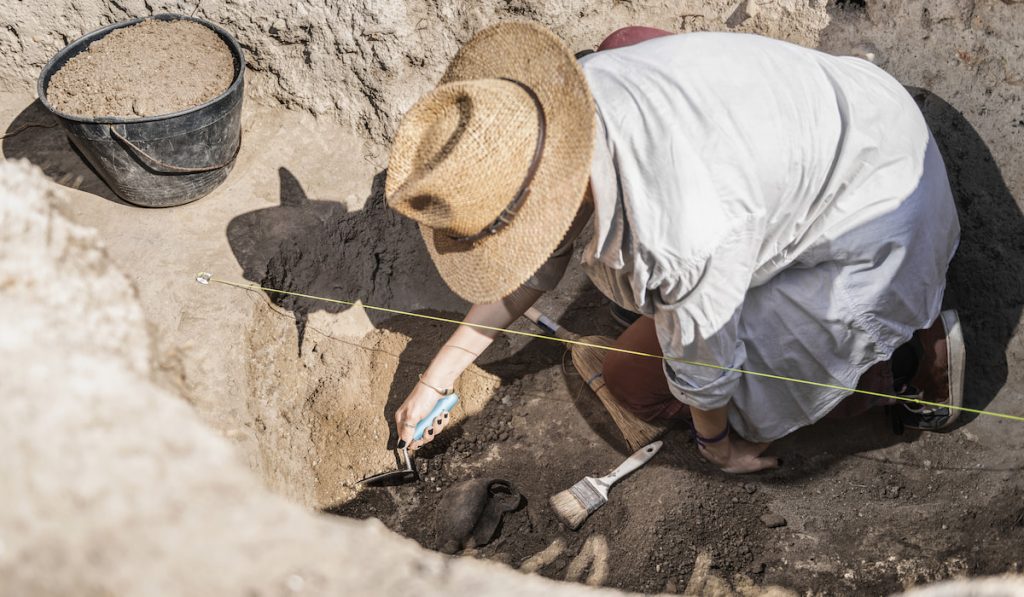
Do Archaeologists Use Brushes Very Often?
Archaeologists do not use brushes very often.
Most people believe being an archeologist means spending your day brushing the dirt off any items they excavate. However, archeologists typically only use brushes to clean the surface objects so they can get clear photographs.
Archeologists mainly use tools like mattocks, trowels, and shovels for their excavations. As we all know, archeologists often work with fragile items. So, to avoid damaging the items, they use tools like a thin leaf trowel.
Do Archaeologists Always Have to Dig to Know What Is Underground?
Archeologists do not have to dig before knowing what is buried underground since they can now rely on technology.
With a geophysical survey, they can detect differences in the earth. They can also create a map of any potential antiquities buried underground with this method.
Archeologists can also use drones to take aerial photographs and note landforms or structures to help find clues to previous human activities.
Resources:
- https://www.theguardian.com/commentisfree/2016/apr/25/secret-life-archaeologist-soil-sandwiches-sexism-sites
- https://www.archaeological.org/programs/educators/faq/
- https://www.careerexplorer.com/careers/archaeologist/
- https://www.archaeologysouthwest.org/2015/10/03/top-ten-myths-and-misconceptions-about-archaeology/
- https://www.saa.org/about-archaeology/archaeology-as-a-career
- https://www.mola.org.uk/blog/10-things-you-might-not-know-about-archaeology
- https://www.lparchaeology.com/prescot/learning/what-happens-to-all-the-things-archaeologists-find-are-they-allowed-to-keep-anything
- https://money.usnews.com/careers/best-jobs/archaeologist
- https://money.usnews.com/money/personal-finance/family-finance/articles/where-do-i-fall-in-the-american-economic-class-system


